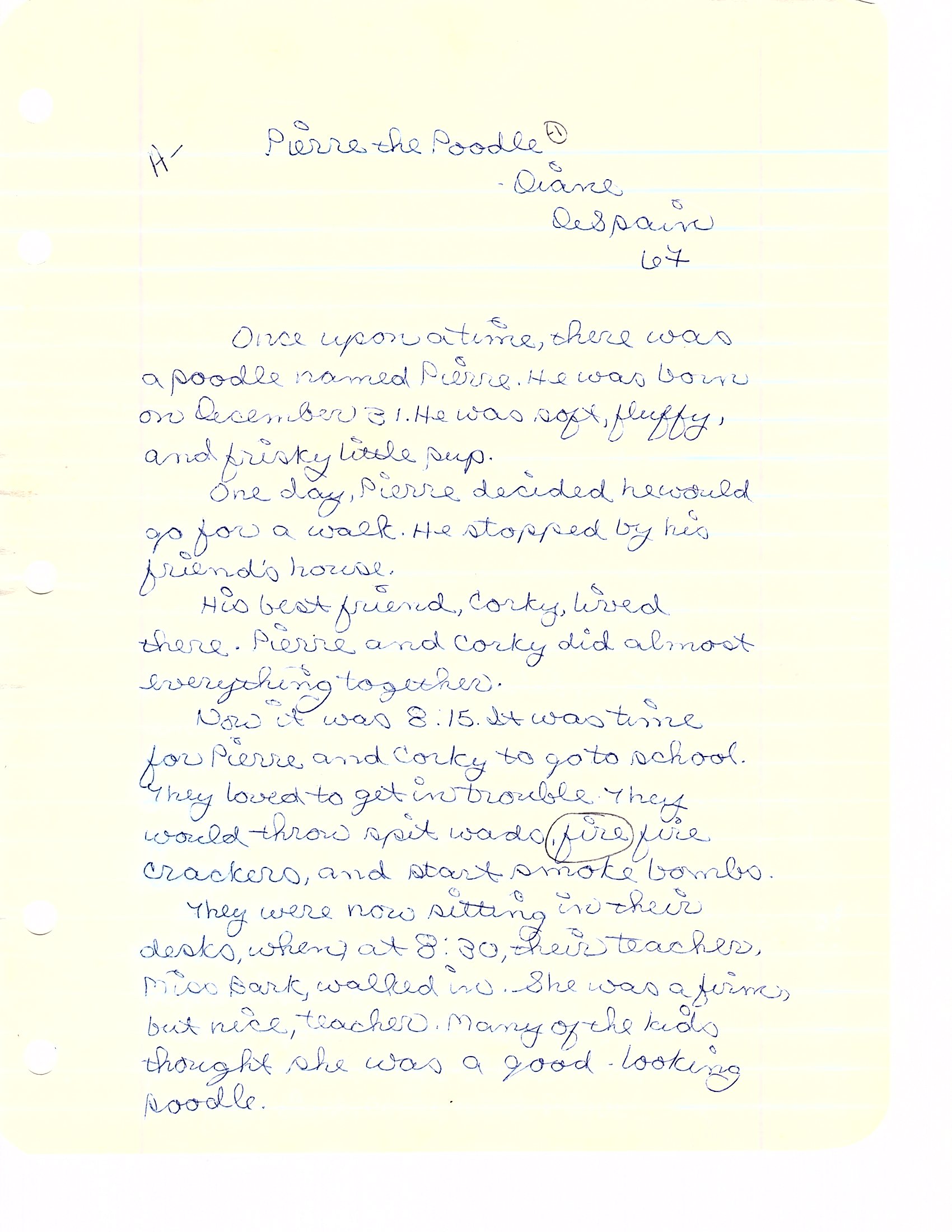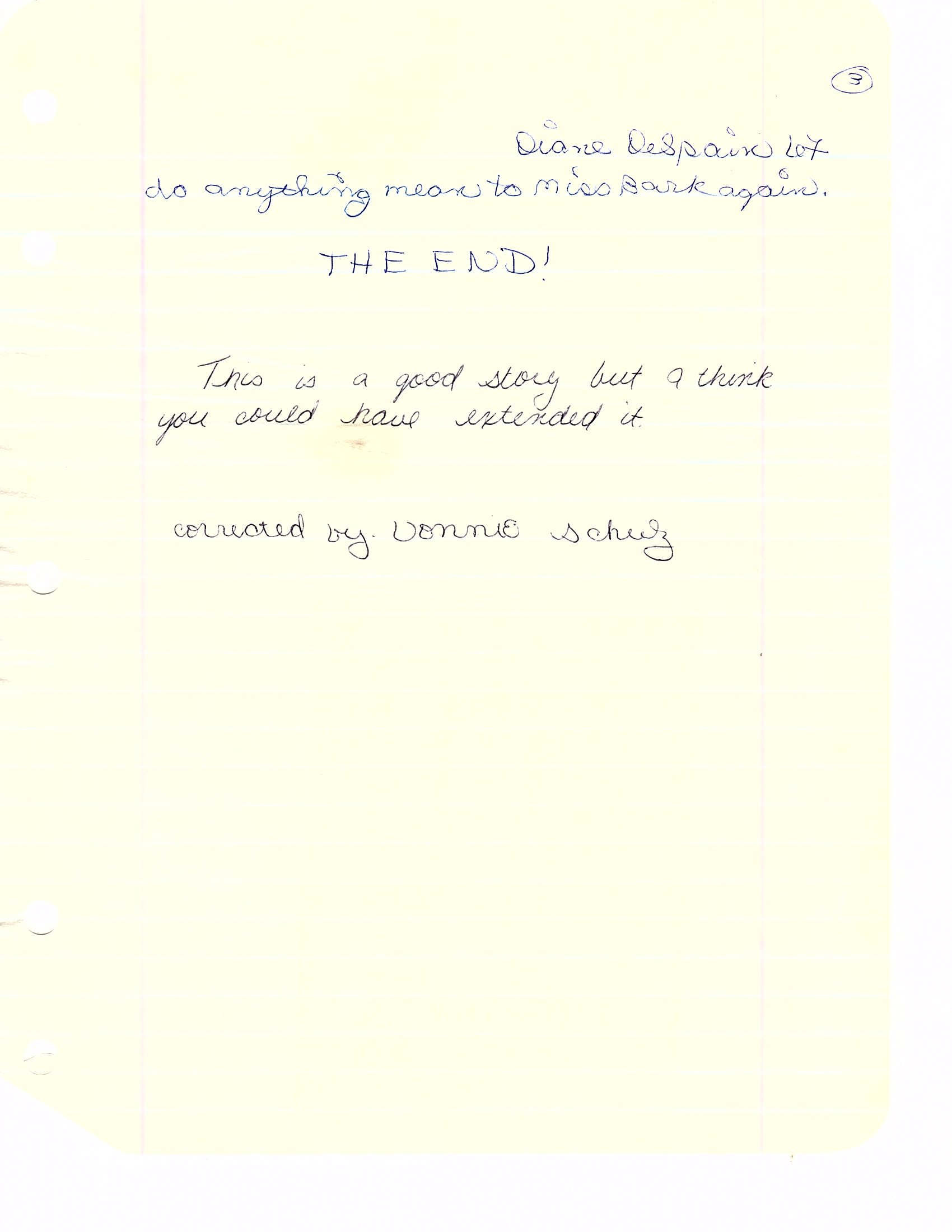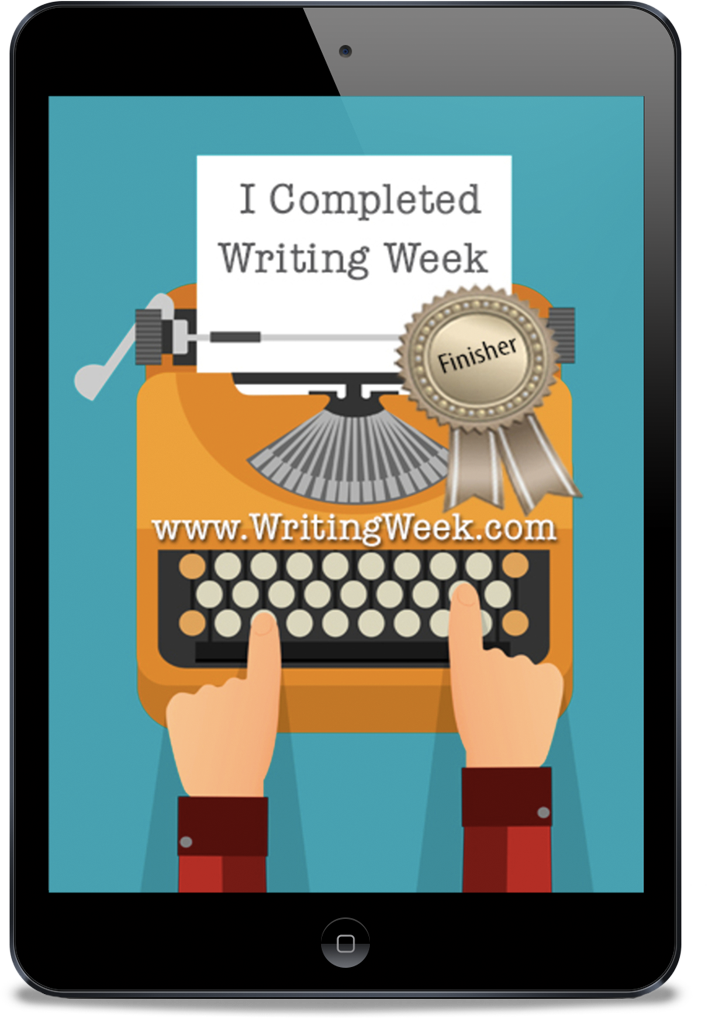There’s no denying that professional editing is expensive. The final cost of editing will vary depending on the type of editing (developmental, line, or content), the amount of fact checking and formatting required (citations, quoted material, chapter titles, section and subsection headings, sidebars, etc.), and the overall mechanical cleanliness of the manuscript (punctuation, grammar, syntax, and spelling).
For this reason, authors have asked me to edit their manuscript in parts. For example, the introduction and chapters 1 and 2 now, then chapters 3 through 5 a few months later, and so on. This sounds logical from the cost perspective, but in reality it’s often not less expensive in the long run. Here’s why I prefer to edit a manuscript in full rather than in parts:
- I’m more likely to catch discrepancies in the plot, inconsistencies in intricate details, redundancies and verbatim text, any gaps in the narrative, and missing information. For example, the fact that the protagonist Amelia in chapter 1 was 22 in 1936 but in chapter 7 is 32 in 1938 might slip through the cracks if I edit chapter 1 in February and chapter 7 eight months later in October. Even with good notes in my style sheet, I will still need to take time to dig back into the manuscript to make sure the details, and the math, are correct and consistent throughout the text.
- I’m more likely to recall when a character or a source was first introduced to the reader. When characters or sources are referred to in a manuscript shortly after they have been first introduced to the reader, it’s not necessary to reintroduce them again. For example, the reader doesn’t need to be reminded of Amelia’s most notable characteristic, her glistening emerald-green eyes (unless doing so is pertinent to the plot). And in nonfiction, sources don’t need to be reintroduced in their entirety, including the author’s name and subtitle; using only the main title will suffice. Also, it’s important that the first introduction of a character or source contains the pertinent information the reader needs to follow the narrative. When editing the full manuscript, I know immediately if this information has been provided or not and at the appropriate juncture. This alleviates my needing to take the time to go back into the manuscript to find the first introduction, as would likely be required if editing the manuscript in parts.
- I can ensure that the narrative flows throughout the text from beginning to end. Editing a manuscript in parts can result in a jilted, disjointed narrative rather than a smooth, cohesive one.
My typical turnaround time for editing a full manuscript is two to three weeks. That means I’m reading the entire manuscript, from beginning to end, in a very short period of time. In doing so, any discrepancies, inconsistencies, redundancies, verbatim text, narrative gaps, and missing information immediately leap out at me. This is very difficult to achieve when editing a manuscript in parts—especially after several months have passed.
As I alluded to earlier, editing a manuscript in parts can also be more expensive in the long run. On one occasion I did edit a manuscript in parts at the author’s insistence but only with the author’s full understanding of the potential risks. This resulted in an extremely complicated, drawn-out process, as it was very difficult to keep track of what parts I had edited, re-edited, or never edited because the author was still revising as well. The time it took to make this determination along with the back-and-forth communication with the author, in addition to the actual editing, resulted in a much higher price tag for the author than if I had edited the manuscript in full. The author had no difficulty with the final cost, but other authors may have experienced serious sticker shock.
Again, I don’t advise having your manuscript edited in parts. However, I do understand the need to keep your eye on the bottom line and to remain within your budget. Just be sure to keep the risks in mind, and the potential increase in cost, should you choose this option.




